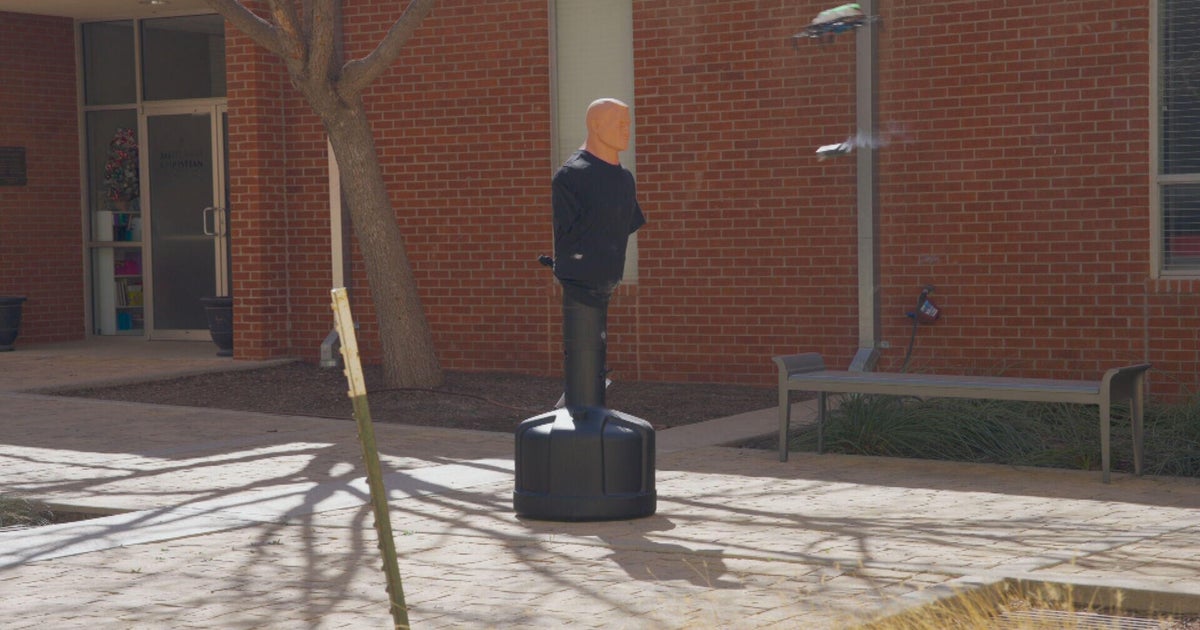Michelle Pfeiffer Calls Out 'Concerning' Food Tech Backed by Bill Gates

Hollywood star Michelle Pfeiffer has sparked a debate after publicly criticizing Apeel Sciences, a food technology company that received early funding from Bill Gates. Pfeiffer voiced her concerns on Instagram, questioning the safety of organic produce following Apeel’s recent USDA certification.
Apeel, developed by Apeel Sciences, is a plant-derived coating applied to fruits and vegetables to extend their shelf life. It works by creating a protective barrier that reduces moisture loss and slows down spoilage. The technology has gained traction in recent years as a potential solution to food waste, a significant global problem.
Pfeiffer's post, which she shared with her 3.6 million followers, highlighted a claim that “organic produce is no longer safe” because of Apeel’s approval for USDA-certified organic products. This has ignited a wave of discussion online, with many questioning the implications of this technology on the organic food industry and consumer health.
What is Apeel and Why the Controversy?
Apeel’s composition is derived from citrus peels, grape skins, and other plant byproducts. While the company insists the coating is safe and edible, concerns have been raised about its long-term effects on human health and the potential impact on the taste and nutritional value of produce. Critics argue that the coating could mask signs of spoilage, leading consumers to eat produce that is past its prime.
The connection to Bill Gates' investments has also drawn scrutiny. Gates, through the Bill & Melinda Gates Foundation, has invested in Apeel as part of efforts to address food security and reduce food waste globally. While the intention is commendable, some view the involvement of a high-profile philanthropist as lending undue credibility to a technology that warrants further investigation.
USDA Certification: A Point of Contention
The USDA certification allowing Apeel's use on organic produce has been a key trigger for Pfeiffer’s criticism. Organic certification is meant to guarantee that products are grown and processed according to strict standards, avoiding synthetic pesticides and fertilizers. The approval of a coating like Apeel raises questions about whether it aligns with the core principles of organic farming and consumer expectations.
The Bigger Picture: Food Waste and Sustainability
It's undeniable that food waste is a major environmental and economic problem. According to the UN, roughly one-third of all food produced globally is wasted each year, contributing to greenhouse gas emissions and straining resources. Apeel’s technology offers a potential solution by extending shelf life and reducing spoilage, which could have a positive impact on sustainability.
However, Pfeiffer’s concerns highlight the need for transparency and rigorous testing of new food technologies. Consumers deserve to be fully informed about the ingredients and potential effects of any product they consume, especially those marketed as “organic” or “natural.”
The debate surrounding Apeel is likely to continue as more consumers become aware of the technology and its implications. Pfeiffer’s voice adds to the growing chorus of questions about the future of food and the role of technology in ensuring a sustainable and healthy food system. It’s a reminder that innovation in the food industry must be approached with caution and a commitment to consumer safety and transparency.





